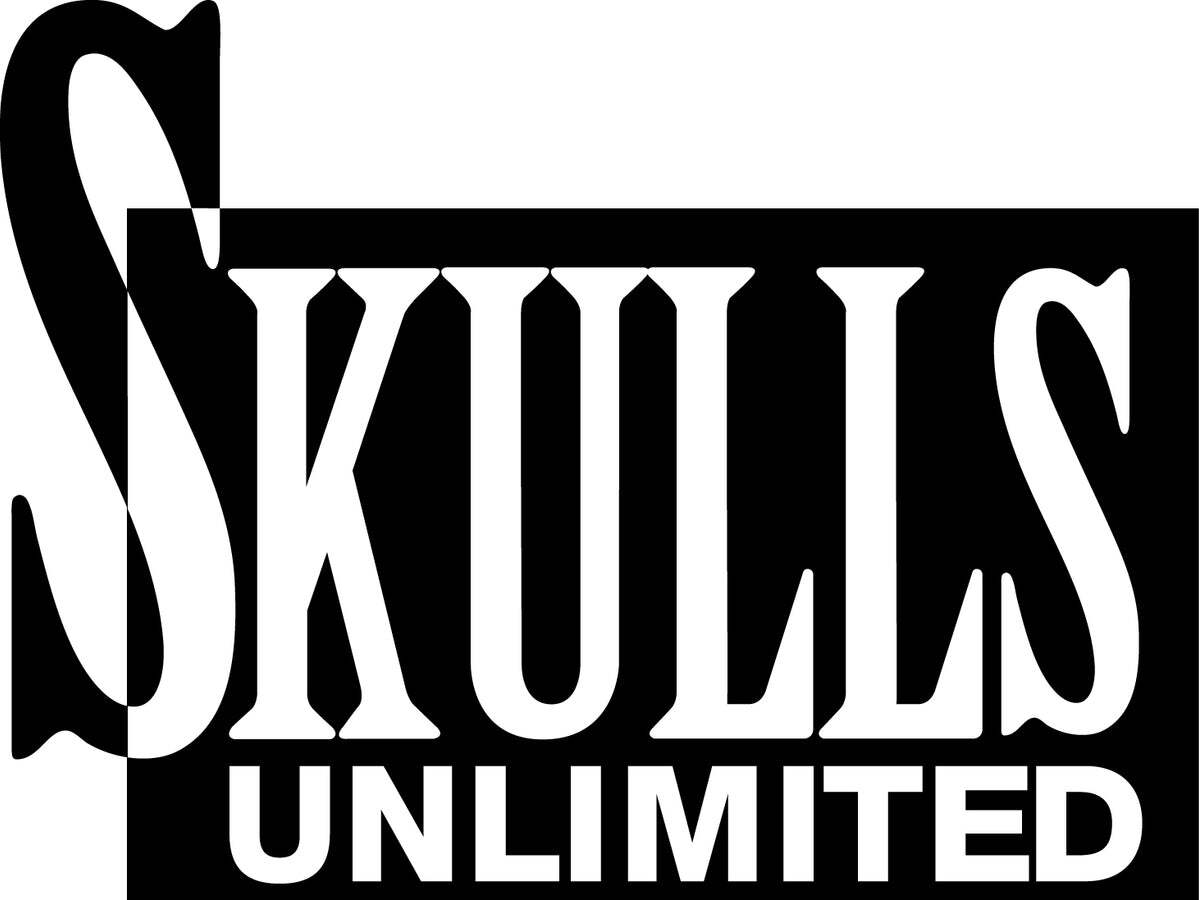No, I don’t want to buy one. This came out of a discussion about my brother, who is so much weirder than me if you can believe it, who owns a real human skull.
I don’t know how he got it. I don’t know where he got it from, maybe this company, more importantly, I don’t know why he would want such a thing. He is not a scientist, he works in IT. He did get an MFA in theater, wanted to be a professional theater director and loves Shakespeare, I can’t believe the reason was because he wanted Hamlet to be super authentic.
We’re not all that close, so it really hasn’t come up in conversation. I only know about it because he posted elsewhere a while back that he was on a Zoom meeting at work and he showed it off and couldn’t understand why everyone stopped laughing and got silent. So obviously he thinks it’s cool to own it.
It used to be a person. I’m an atheist and I don’t believe in an afterlife, but that’s just basic disrespect.
Anyway… how can you ethically source a skull and then sell it on the open market?



I agree with you but I don’t think it’s intrinsically unethical because they are skulls, but because there might be humans emotionally attached to the remains of the diseased. Those skulls belong to someone (not the dead person anymore), and it is up to that person like with the rest of their property. In this regard, selling the remains of a loved one so you can feed the living, sounds exploitative to me, but I could say the same thing about any other economic injustice. All of with fall under unethical consumption under capitalism.
If no one has a connection to said skull, then I’d agree that it is just a piece of bone, and dealing with it is no more ethical or unethical than with a piece of bone your dog finds outside.